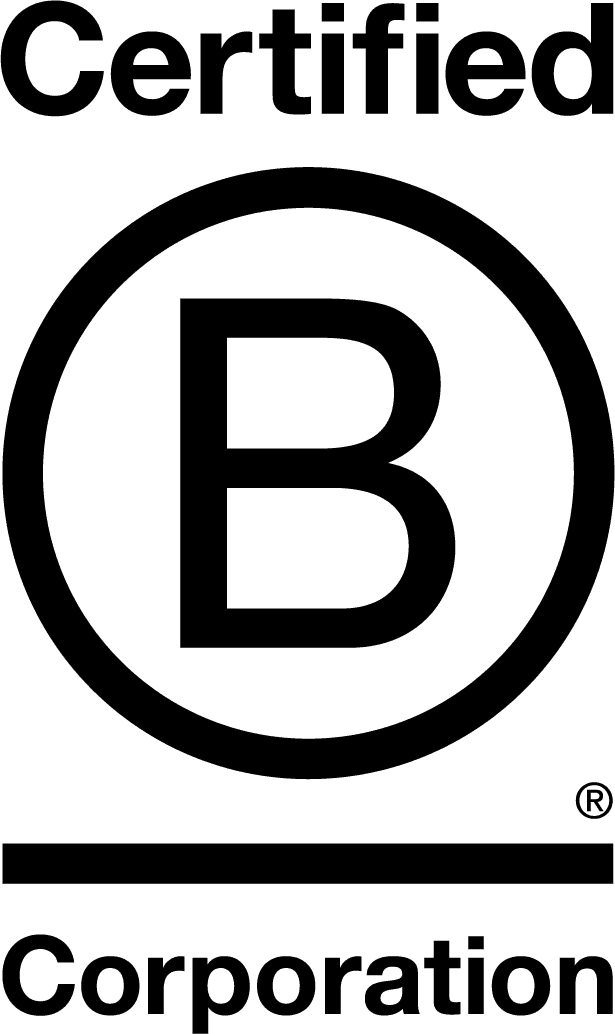

Big Spoon Roasters

1.6
North Carolina, United States
November 2025
Food products
Manufacturing
United States
Big Spoon Roasters is a small-batch food company handcrafting innovative, wholesome nut butters and bars with thoughtfully sourced ingredients in Hillsborough, North Carolina. Operating since 2011, Big Spoon Roasters is proudly independently owned and operated. They make every batch to order and have set a category standard for ethical sourcing as the only nut butter brand with a fully transparent supply chain while staying true to the company's founding mission: to craft simple, delicious food with great ingredients that are good for people and good for the planet. Big Spoon Roasters was founded by husband-and-wife team Mark and Megan Overbay. The duo shared a love for nut butter: Mark, having spent time as a Peace Corps Volunteer in Zimbabwe, originally learned how to hand-make his favorite food, peanut butter, while living abroad, and Megan's experience as an endurance athlete led her to craft her own nutrient-dense nut butter bars that both tasted good and fueled her training. Together, Mark and Megan shared a deep appreciation for how food connects us to each other, to past and present cultures, and to the land itself. They founded Big Spoon Roasters on the simple belief that food can be both delicious and a force for good.
Overall B Impact Score
Governance 15.1
Governance evaluates a company's overall mission, engagement around its social/environmental impact, ethics, and transparency. This section also evaluates the ability of a company to protect their mission and formally consider stakeholders in decision making through their corporate structure (e.g. benefit corporation) or corporate governing documents.
What is this? A company with an Impact Business Model is intentionally designed to create a specific positive outcome for one of its stakeholders - such as workers, community, environment, or customers.
Workers 24.3
Workers evaluates a company’s contributions to its employees’ financial security, health & safety, wellness, career development, and engagement & satisfaction. In addition, this section recognizes business models designed to benefit workers, such as companies that are at least 40% owned by non-executive employees and those that have workforce development programs to support individuals with barriers to employment.
What is this? A company with an Impact Business Model is intentionally designed to create a specific positive outcome for one of its stakeholders - such as workers, community, environment, or customers.
Community 24.6
Community evaluates a company’s engagement with and impact on the communities in which it operates, hires from, and sources from. Topics include diversity, equity & inclusion, economic impact, civic engagement, charitable giving, and supply chain management. In addition, this section recognizes business models that are designed to address specific community-oriented problems, such as poverty alleviation through fair trade sourcing or distribution via microenterprises, producer cooperative models, locally focused economic development, and formal charitable giving commitments.
Environment 20.2
Environment evaluates a company’s overall environmental management practices as well as its impact on the air, climate, water, land, and biodiversity. This includes the direct impact of a company’s operations and, when applicable its supply chain and distribution channels. This section also recognizes companies with environmentally innovative production processes and those that sell products or services that have a positive environmental impact. Some examples might include products and services that create renewable energy, reduce consumption or waste, conserve land or wildlife, provide less toxic alternatives to the market, or educate people about environmental problems.
Customers 3.1
Customers evaluates a company’s stewardship of its customers through the quality of its products and services, ethical marketing, data privacy and security, and feedback channels. In addition, this section recognizes products or services that are designed to address a particular social problem for or through its customers, such as health or educational products, arts & media products, serving underserved customers/clients, and services that improve the social impact of other businesses or organizations.